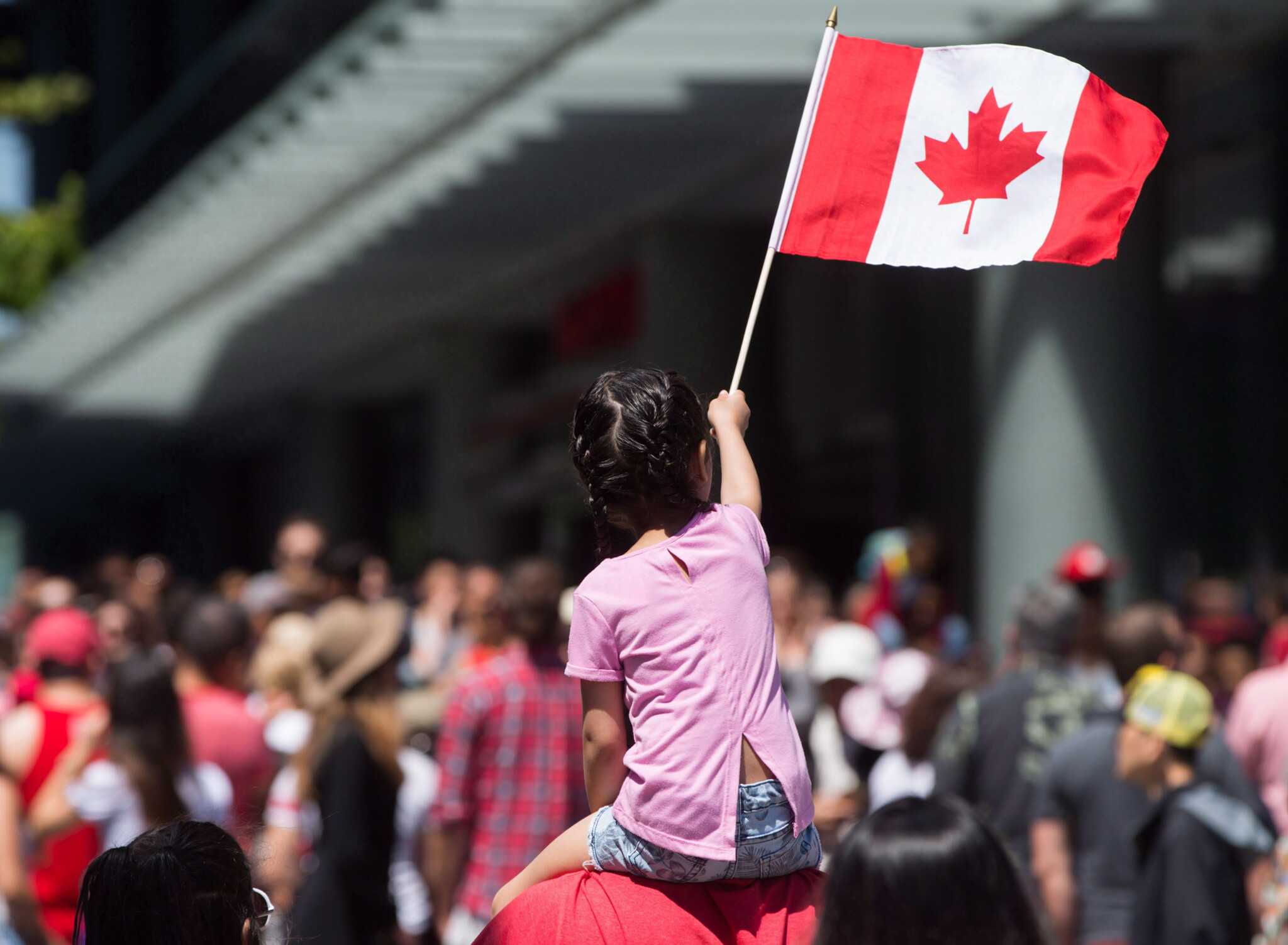July 1 is Canada’s birthday, a day to recognize the values and ideas that drove Confederation in 1867 and have endured to our times. This recognition rightfully clashes with Prime Minister Justin Trudeau’s proclamation that Canada was the world’s first “post-national” state, and possessed neither a “core identity,” nor a “mainstream.”
The progressive Guardian newspaper opined in 2017 that Trudeau’s vision, which it called the “Canada experiment”, presented a new model for nationhood. In the subsequent years, that experiment has demonstrably failed in a dramatically changed world, in which the importance of a strong, unifying Canadian identity is more vital than ever.
During one of Jason Kenney’s last great speeches in the House of Commons as an MP, he eloquently rejected the post-national vision of Canada and praised our inherited values and traditions. Elaborating on these points, Kenney spoke of the rule of law and equality before it, as well as equality of opportunity, which did not emerge by accident.
It was not the first time that Kenney publicly espoused those same ideals, such as in 2017 on the eve of Canada’s 150th anniversary at an event organized by the Cardus Institute.
“Canada 150 will be a hopeful confirmation that responsible government, representative democracy, widespread religious, political and economic liberty, unprecedented material prosperity, unity in diversity, linguistic harmony, that all of this, which we modestly call peace, order and good government, can endure generation after generation,” Kenney articulated.
It’s a message that’s much needed in our current moment. Democracies are being morally, politically, and economically challenged by authoritarian states on a scale most young Canadians have never experienced. The world is repolarizing at a faster rate than most people ever expected, at a time when the vision of globalization has stalled.
Canada needs to set itself apart from the non-democratic world with an identity that can weather the homogenizing effects of globalization and embody both culture and prosperity.
Good government means sound economic stewardship. The opposite has been true in recent years. This must change, more than anything else, and doing so would be a fulfillment of one of the many spirits that animated Confederation.









